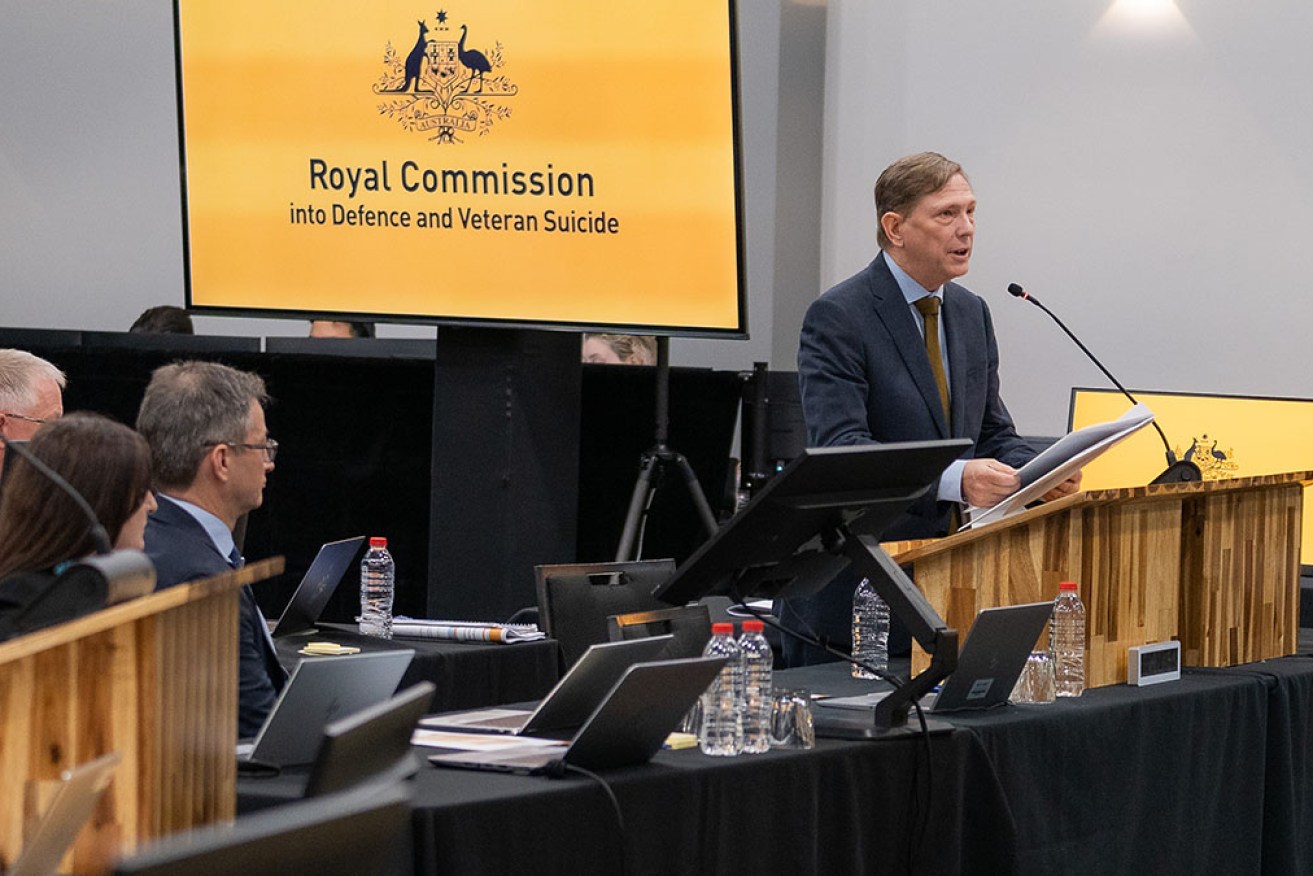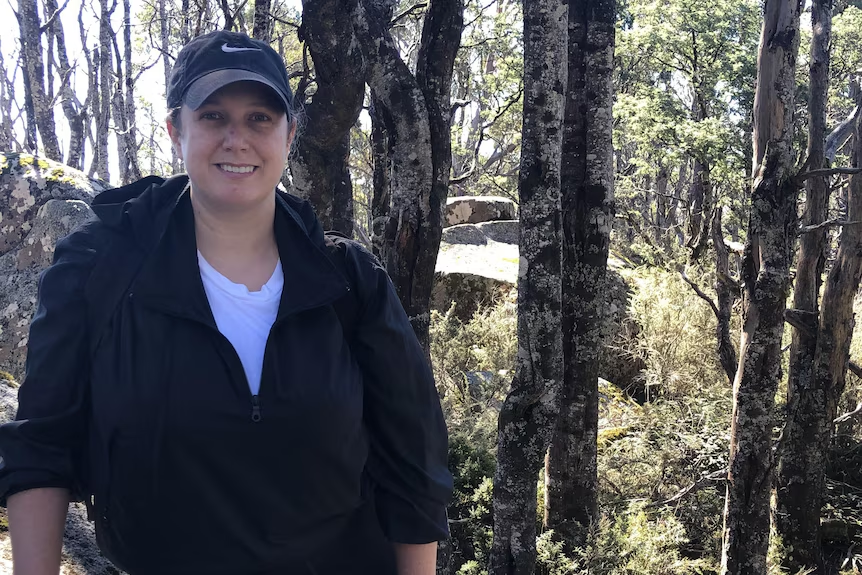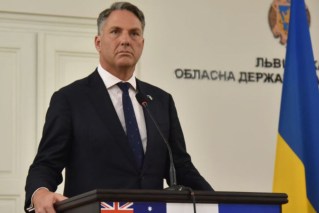Report notes Department of Veterans Affairs had ‘bleeder’ crisis

Counsel assisting Peter Singleton questioned why a successful program was not replicated. Photo: AAP
A consultant’s report found the Department of Veterans Affairs to be in crisis, likening its situation in 2019 to a “bleeder” incident during surgery when an operation goes catastrophically wrong.
The report by the Enzyme Group was detailed at the Royal Commission into Defence and Veteran Suicide on Tuesday and found that while some great work had been done on veteran-focused reforms, the department appeared to have no clear and communicated vision.
It said there were widespread perceptions that the senior leadership group in the Department of Veterans’ Affairs (DVA) were in constant disagreement.
“In medicine, there is an expression called a bleeder. A patient is being operated on when totally unexpectedly an artery is nicked inadvertently,” the report said.
“The abdominal cavity virtually immediate (sic) suddenly fills with blood and overflows onto the floor. This is a real crisis – if not fixed within seconds the patient is dead.”
The report said the same situation was present within the DVA.
“Everyone is busy, busy, busy. The department is in crisis, it is just that no one realises we have a bleeder on our hands,” it said.
The Enzyme Group said governance across the DVA was grossly inadequate resulting in many great initiatives being stalled, called for internal and external communications to be dramatically improved and urged a renewed focus on getting the basics right.
Asked about the report at the commission’s Adelaide hearing, DVA deputy secretary Kate Pope said the department was looking for disruptive advice and Enzyme was known for taking a provocative approach.
“What it demonstrates is our willingness and openness to criticism and advice,” Ms Pope said.
“It was meant to capture our attention, unite us and focus us on the particular problems that this organisation felt were the most critical.”
Ms Pope said she did not recall 2019 to be a time of particular crisis and felt the report was more a reflection of the methodology of the department.
However, she said all of Enzyme’s reports “delivered a jolt” to the DVA.
In other evidence on Tuesday, the commission was told that a successful pilot program to help special forces soldiers transition to civilian life was only rolled out across the wider defence force to a limited degree.
The program ran from 2017 to 2019 at a cost of about $1.8 million and was successful in reducing the time taken to approve compensation claims for departing soldiers, helped veterans feel more empowered, and better connected them and their families to support services.
Counsel assisting the commission, Peter Singleton, said while the program was highly successful, it was not replicated in full across other branches of the defence force.
“The essential conclusion to be drawn is that an imaginative program was tried, it was very successful, (and) if resources were allocated it could have been rolled out, perhaps with some modification,” he said.
“But resources were needed, and no business case to seek those resources was ever prepared.”
Ms Pope said while there were resource constraints, she did not feel that was a fair characterisation of how the program was handled.
“We are very pleased with the success of the pilot and the flow-on effects of where we are today,” she said.
“It’s still regarded as a positive piece of work, and there’s a strong sense that we implemented the important things that came out of that pilot in the way we work today.”
A final report with recommendations from the royal commission is due to be delivered to the governor-general by June.
The inquiry was set up in 2021 to look at systemic issues and risk factors related to military and veteran suicides.








